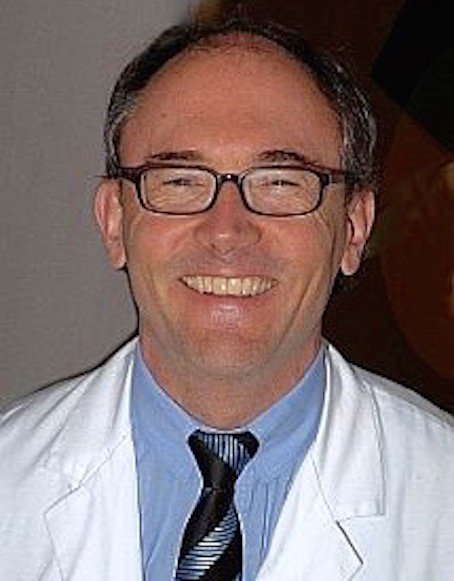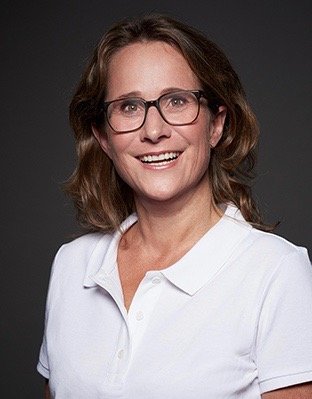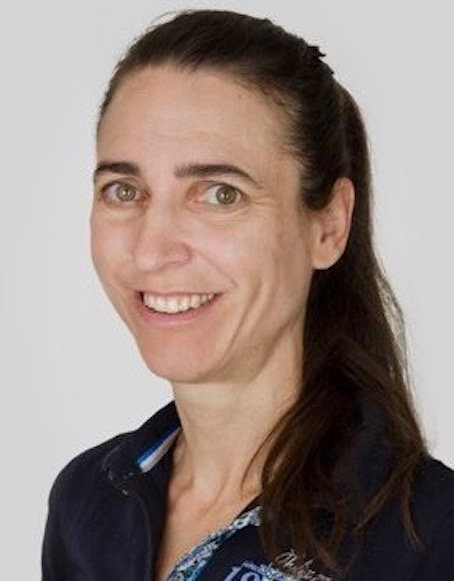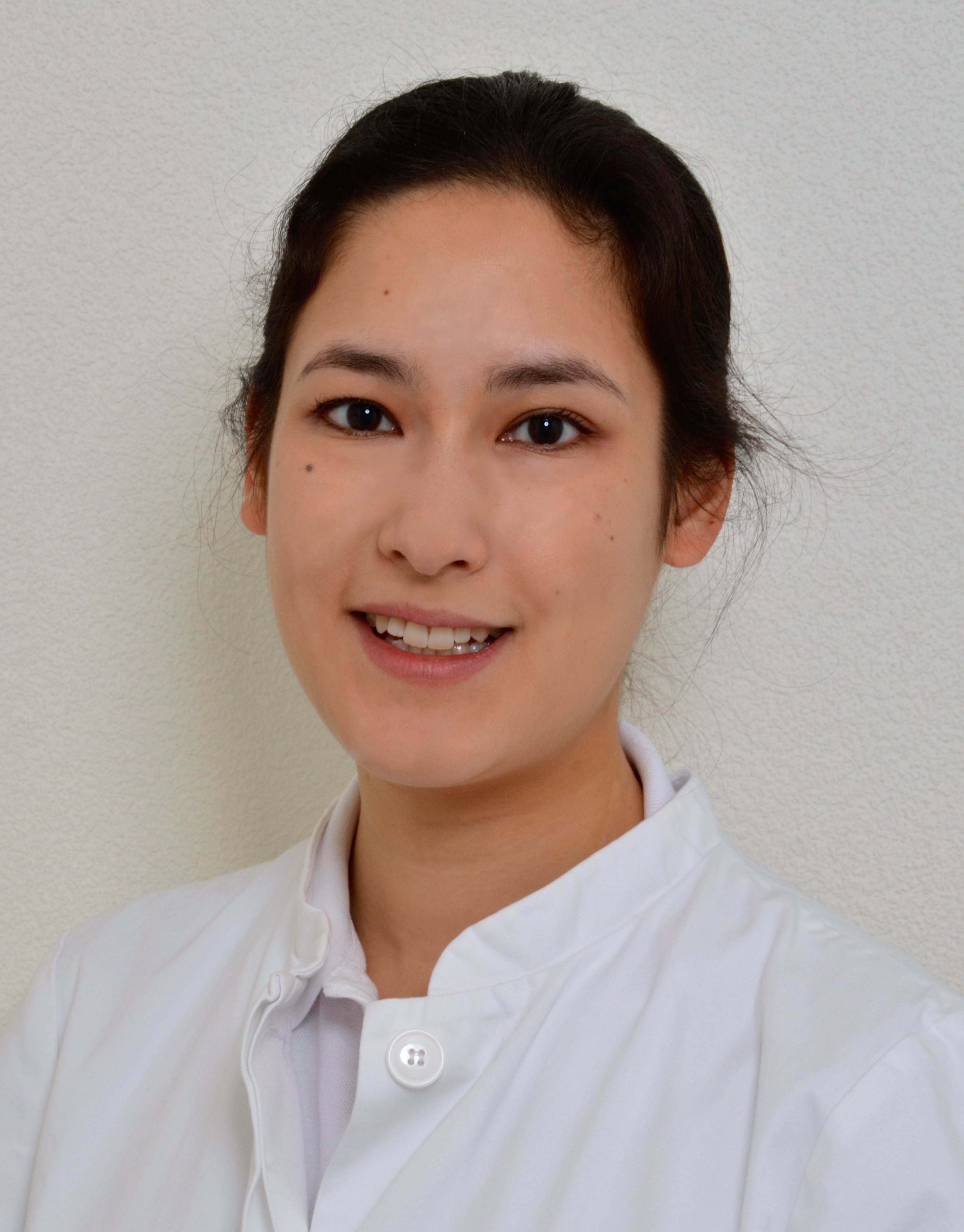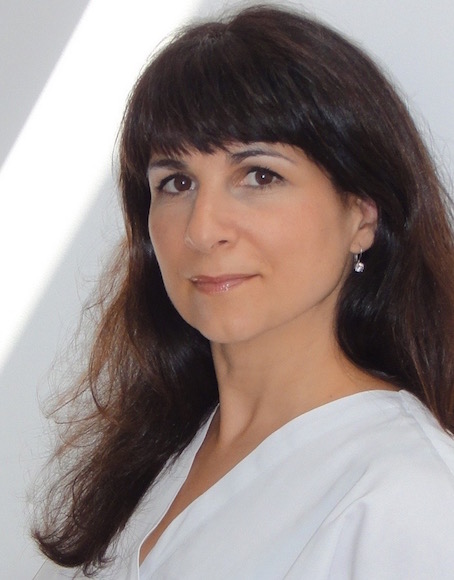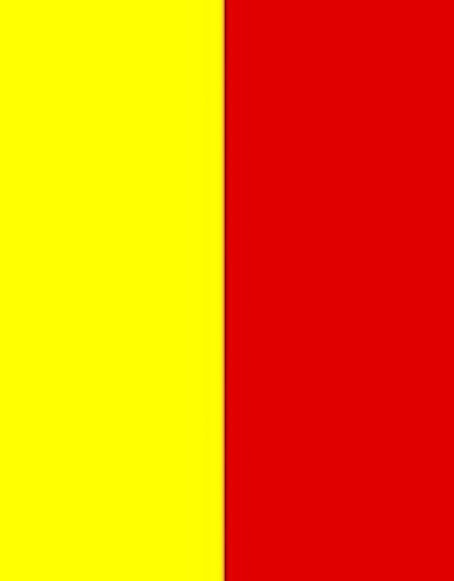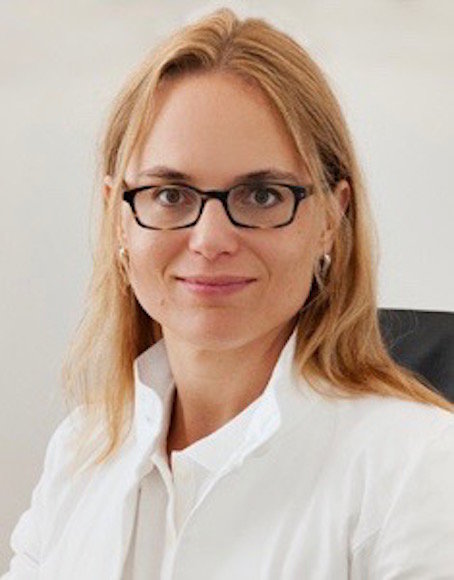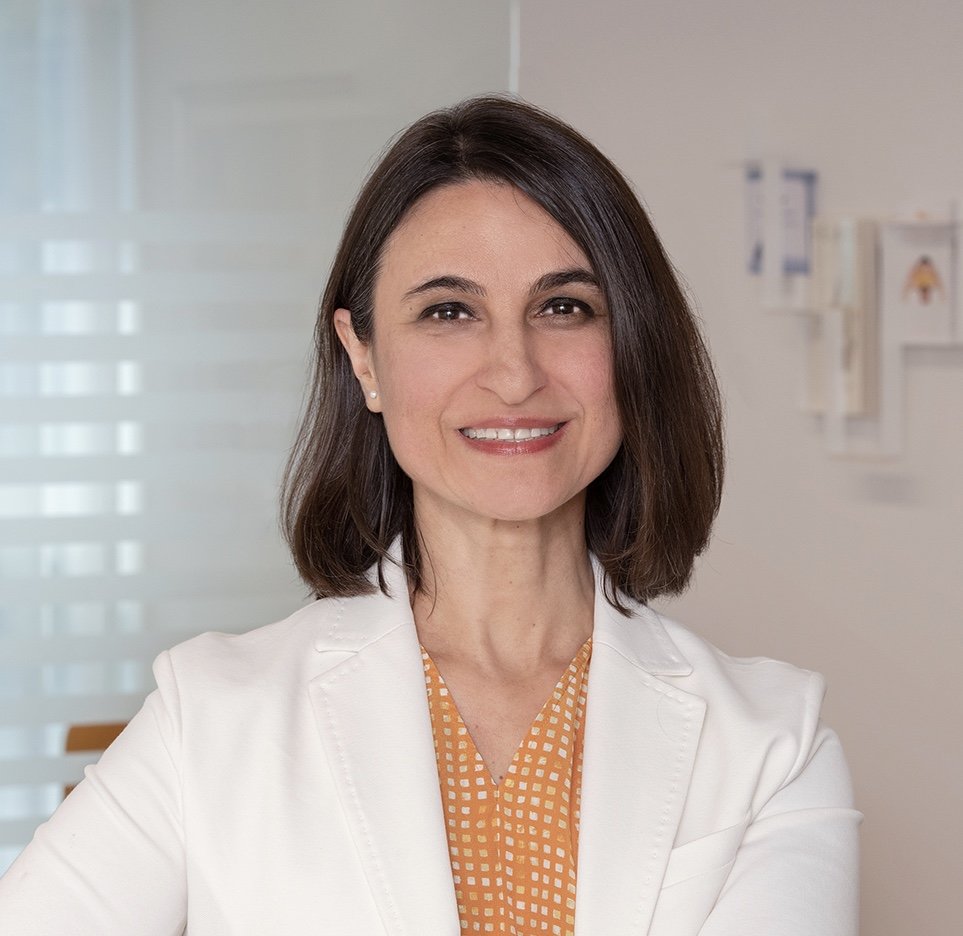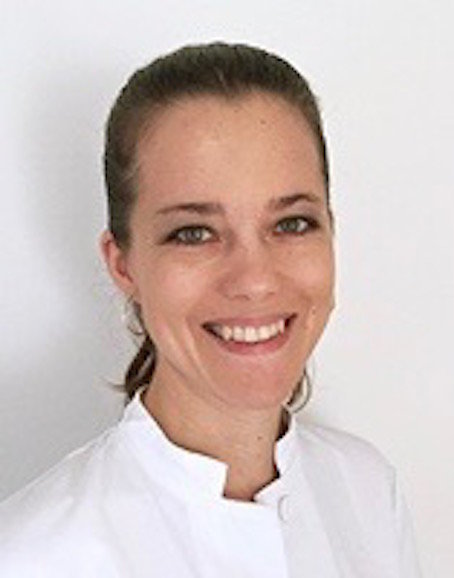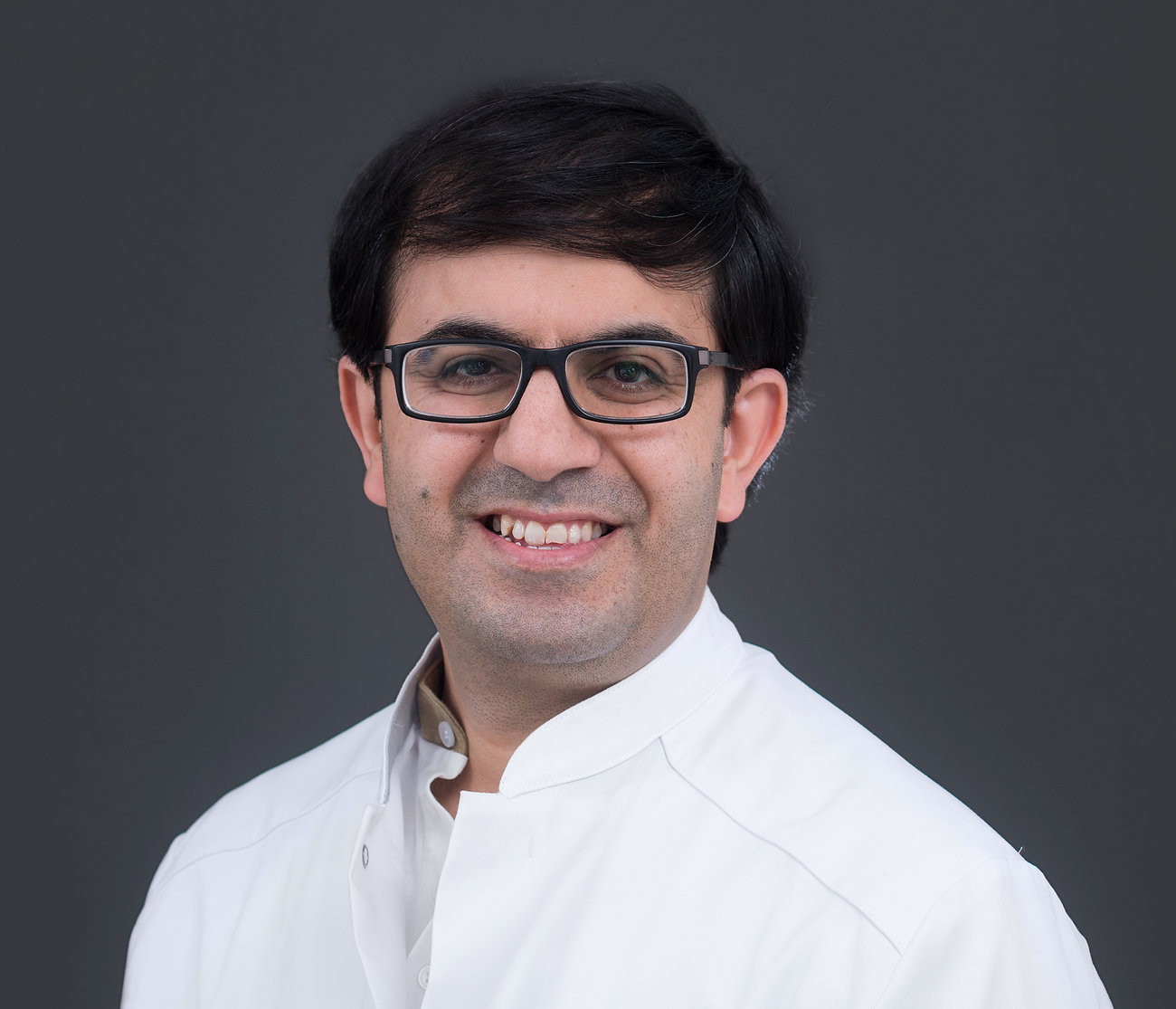Venereology is a branch of medicine that is concerned with the study and treatment of sexually transmitted diseases. The name derives from Roman goddess Venus, associated with love, beauty and fertility. A physician specializing in venereology is called a venereologist. The specialty is usually combined with dermatology.
The venereal diseases include bacterial, viral, fungal, and parasitic infections. Some of the important diseases are HIV infection, syphilis, gonorrhea, candidiasis, herpes simplex, human papillomavirus infection, and genital scabies. Other sexually transmitted infections studied in the field include chancroid, lymphogranuloma venereum, granuloma inguinale, hepatitis B, and cytomegalovirus infection.
La chirurgie s’occupe du traitement opératoire maladies, blessures et malformations en effectuant des interventions mécaniques ou au moyen d’instruments sur ou dans l’organisme.
La chirurgie est la partie de la thérapeutique qui implique des opérations internes ou des manœuvres externes sur les tissus, notamment par incision et suture. La chirurgie s’occupe du traitement opératoire de maladies, de blessures et de malformations en effectuant des interventions mécaniques ou au moyen d’instruments sur ou dans l’organisme.
Surgery is a medical specialty that uses operative manual and instrumental techniques on a patient to investigate and/or treat a pathological condition such as such as osteosynthesis to knit broken bones back together again. Increasingly, these days, surgeons use the latest techniques, such as lasers, endoscopy (use of an optical instrument) or even robots. In spite of all this, traditional methods such as plaster casts and splints continue to be used where appropriate.
A surgeon treats disorders or injuries using surgical interventions
An act of performing surgery may be called a "surgical procedure", "operation", or simply "surgery". In this context, the verb "operate" means to perform surgery. The adjective "surgical" means pertaining to surgery; e.g. surgical instruments or surgical nurse. The patient or subject on which the surgery is performed can be a person or an animal. A surgeon is a person who practices surgery and a surgeon's assistant is a person who practices surgical assistance. A surgical team is made up of surgeon, surgeon's assistant, anesthesia provider, circulating nurse and surgical technologist. Surgery usually spans minutes to hours, but it is typically not an ongoing or periodic type of treatment.


